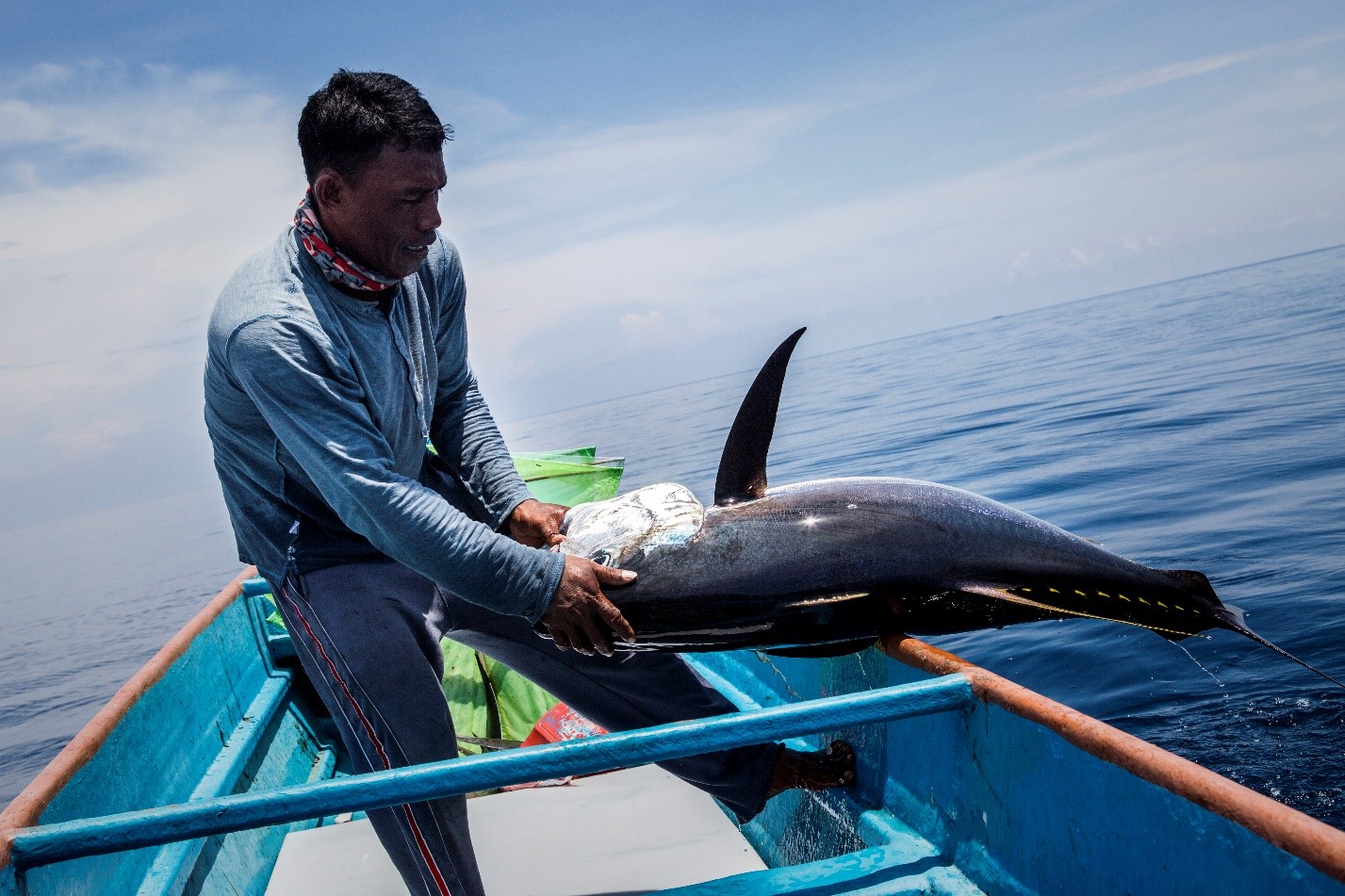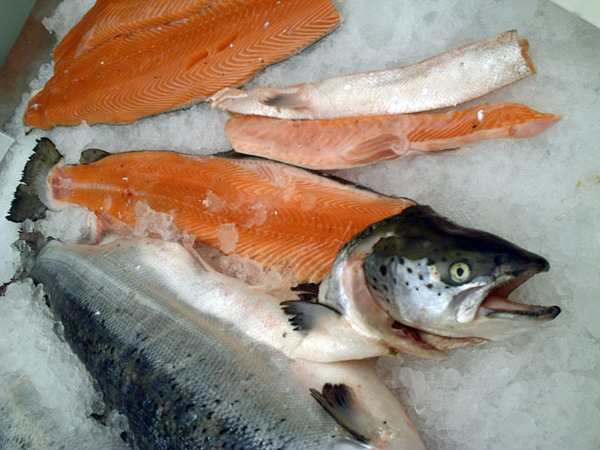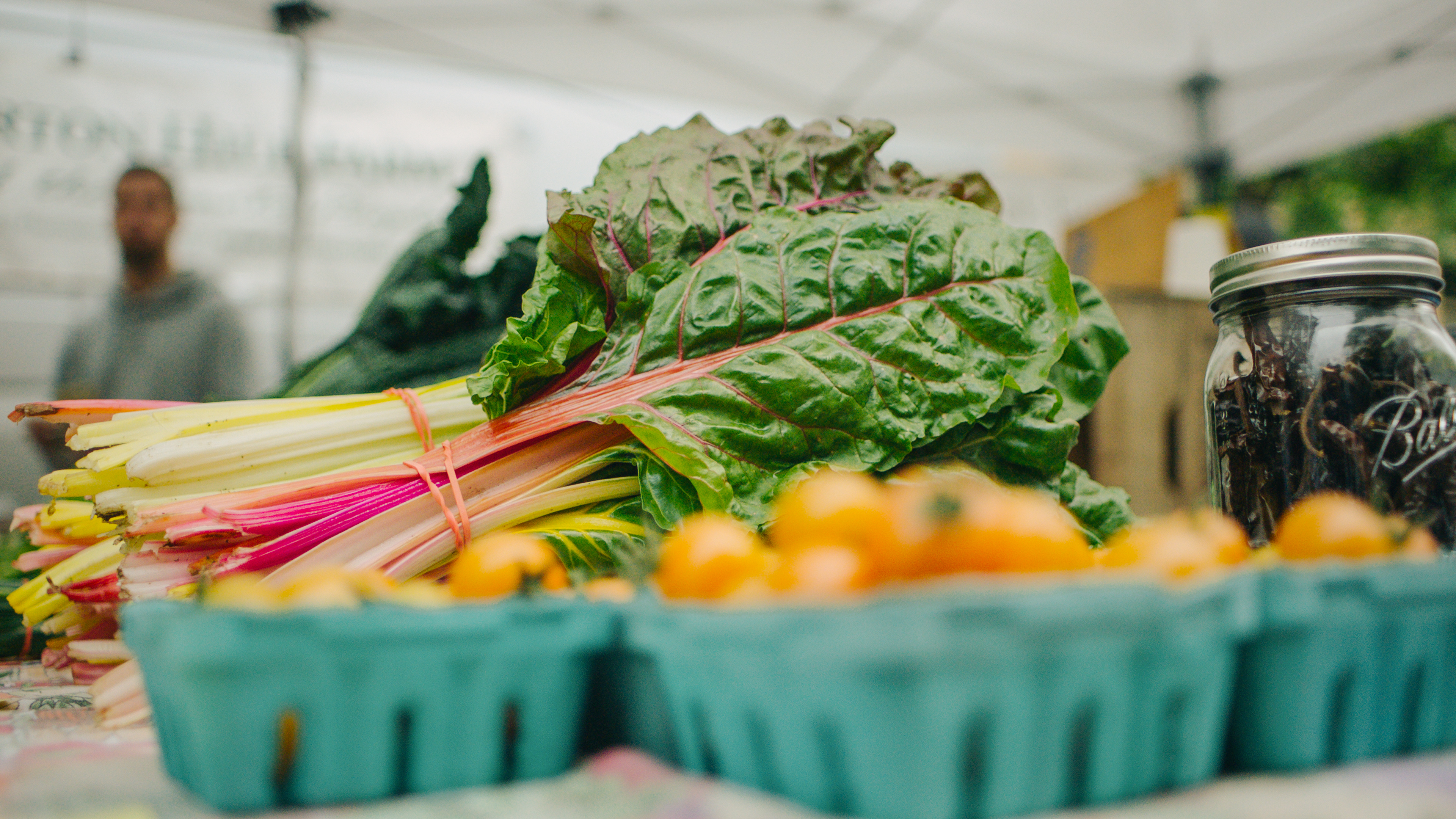Food industry giant Nestlé, and French supermarket chain Carrefour are the latest companies to use blockchain technology to increase trust and transparency for conscious consumers.
The two have announced that they are giving shoppers access to supply chain tracking through IBM’s Food Trust blockchain platform.
Beginning today, Nestlé and Carrefour say they will use blockchain to trace the supply chain of Mousline, a popular French brand of instant mashed potatoes, from farm to table.
Using the technology, shoppers will be able to scan a QR code with their smartphones to know exactly where the potatoes came from, as well as their journey to the specific Carrefour location.
“Using the QR code on the product’s packaging, each consumer will be able to use a secure platform on their smartphone to access information on the production supply chain, including the varieties of potato used, the dates and places of manufacture, information on quality control, and places and dates of storage before the product reaches the shelves,” the press release reads.
Along with the blockchain data, consumers will also be able to get details about the farmers who perform the role of potato suppliers for Mousline and how the puree is prepared.
Nestlé started using blockchain in 2017 when it joined the IBM Food Trust as a founding member, while Carrefour joined IBM Food Trust in October 2018. Together the two companies have been working with IBM to develop the pilot for the Mousline mashed potatoes.
“This Mousline pilot is the result of a successful partnership with Carrefour and a great step forward on our blockchain journey. We are using this technology to bring more transparency to our products by providing accurate, trusted and impartial information. That will benefit the whole value chain, including retailers and consumers,” says Vineet Khanna, SVP – Global Supply Chain at Nestlé in a press release.
Nestlé and Carrefour will test the blockchain platform with Mousline purée over the next few months, and the company says the pilot will help to inform decisions on further project developments.
This announcement comes just days after American supermarket chain Albertsons said that it will be testing IBM blockchain to trace romaine lettuce.
“Blockchain technology has the potential to be transformational for us as we further build differentiation on our fresh brand,” said Anuj Dhanda, Chief Information Officer, Albertsons Companies in a news release. “Food safety is a very significant step. In addition, the provenance of the products enabled by blockchain — the ability to track every move from the farm to the customer’s basket — can be very empowering for our customers.”
The company said it would also explore expanding blockchain to other food categories throughout its distribution network.
By using this type of supply chain tracking technology, it seems that many organizations are now realizing the potential benefits of the digitization of food system information. Not only are companies able to gain insight into supply chain efficiencies, but they are able to create brand awareness and build increasingly important consumer trust.








Join or login to leave a comment
JOIN LOGIN